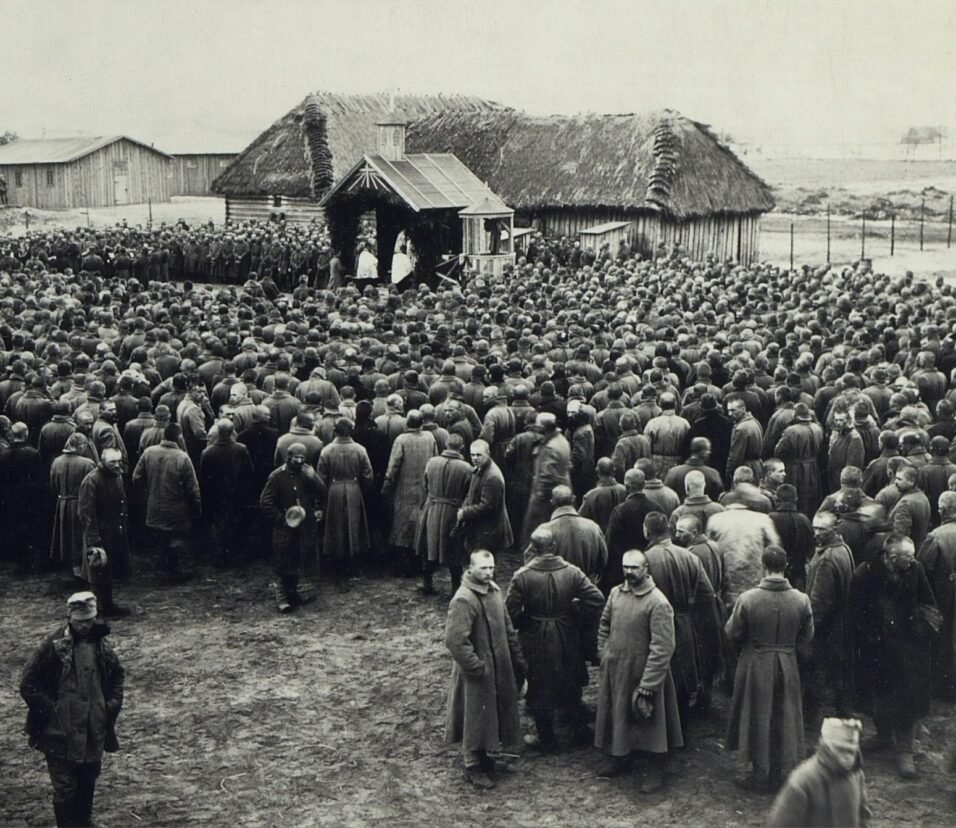The War of 1812
Introduction:
Few conflicts have shaped the American national narrative as profoundly as the War of 1812. Often referred to as the “forgotten war,” its significance is anything but forgettable. In this comprehensive article, we’ll delve into the key events, causes, and consequences of this conflict that pitted the young United States against the British Empire, the most powerful nation at the time.
Causes of the War:
The immediate causes of the War of 1812 were rooted in economic sanctions, maritime rights, and territorial expansion. British naval power dominated the world’s oceans, and their blockade of France—then under Napoleon Bonaparte—was crippling American trade. The British Royal Navy, always in need of sailors, went so far as to stop American ships to “impress” U.S. sailors into service, claiming they were British deserters. Moreover, British support for Native Americans who were resisting American expansion on the frontier angered settlers and territorial leaders.
The Onset of Hostilities:
Despite the vast disparity in military power, the United States declared war on Britain on June 18, 1812. The initial American campaigns were nothing short of disastrous. Misguided attempts to invade Canada were met with fierce resistance and failed leadership. Nevertheless, a new generation of American military officers like Andrew Jackson and William Henry Harrison emerged, showing signs of what would become a more effective American military force.
Naval Battles:
The U.S. Navy, though smaller, proved effective and even daring, scoring victories in single-ship duels against Royal Navy vessels. The capture of the HMS Guerriere by the USS Constitution, nicknamed “Old Ironsides,” became a significant morale booster for the young nation.
Key Land Engagements:
Notable land battles such as the Battle of Lake Erie, led by Commodore Oliver Hazard Perry, and the Battle of the Thames, which saw the death of Tecumseh—a Shawnee chief and a British ally—signaled the turning tide of the war. These victories boosted American morale and disrupted British plans.
The British Retaliation:
Britain, feeling the pressure and the embarrassment from the American naval and land victories, stepped up its game. In August 1814, British troops managed to enter Washington D.C., burning down significant structures including the White House and Capitol. This dark hour for America was short-lived, as British attempts to control Baltimore were thwarted, inspiring Francis Scott Key to pen the “Star-Spangled Banner.”
The Treaty of Ghent:
Negotiations began in 1814 in Ghent, Belgium, culminating in the signing of the Treaty of Ghent on December 24, 1814. Oddly, due to slow communications, the Battle of New Orleans occurred in January 1815, after the treaty was signed but before the news reached American shores. Led by Andrew Jackson, American troops won a decisive victory, boosting national pride.
Political Climate Before the War:
The years leading up to the War of 1812 were politically charged. America was a young nation, still finding its footing on the international stage. Thomas Jefferson’s Embargo Act of 1807, designed to force Britain and France to respect American neutrality, ended up being a self-inflicted wound to the American economy. This act, along with similar measures, increased tensions between America, Britain, and France, setting the stage for hostilities.
Economic Impact:
The American economy took a substantial hit due to the war. The need for war supplies led to inflation, while British blockades severely hampered trade. Nonetheless, the war had a silver lining by fostering American manufacturing, which reduced dependence on foreign goods. The American textile industry, for example, saw significant growth during this period.
Military Tactics and Strategies:
While American land campaigns were initially marred by poor strategy and execution, tactics improved over time. The British were experts in line-of-battle tactics, but Americans eventually learned to use the terrain and developed better strategies for irregular warfare. The guerrilla tactics employed by Andrew Jackson during the Battle of New Orleans were pivotal in the American victory there.
Leadership:
Speaking of leadership, it’s crucial to point out that the war served as a platform for several future American statesmen. Andrew Jackson’s success in the Battle of New Orleans made him a national hero, eventually paving the way for his presidency. William Henry Harrison, known for his leadership in the Battle of Tippecanoe before the war and the Battle of the Thames during the war, also gained significant prominence that aided his eventual election as the 9th President of the United States.
Cultural Impact:
Besides the political and military implications, the war had a lasting impact on American culture. Folk heroes like “Uncle Sam” emerged as personifications of the American spirit. Art and literature were influenced as well, with works like the poems of Francis Scott Key gaining everlasting fame.
The Aftermath:
The end of the war brought about a new sense of national identity and unity. The notion of Manifest Destiny was fueled, Native American resistance was weakened, and the stage was set for westward expansion. The war also gave birth to the American national anthem and contributed to the eventual demise of the Federalist Party, which had been vocally opposed to the war.
Conclusion:
The War of 1812 may be termed a “forgotten war,” but it was pivotal in shaping American identity and territorial ambitions. From a national anthem to future presidents, the war left an indelible imprint on America’s history and psyche. Its influence reverberated through subsequent decades, shaping American politics, foreign policy, and territorial expansion.
By understanding this pivotal war, we can gain deeper insights into the complex process that has made America what it is today—a nation whose early challenges have forged its character, strengthened its resolve, and set the course for its role on the global stage.







